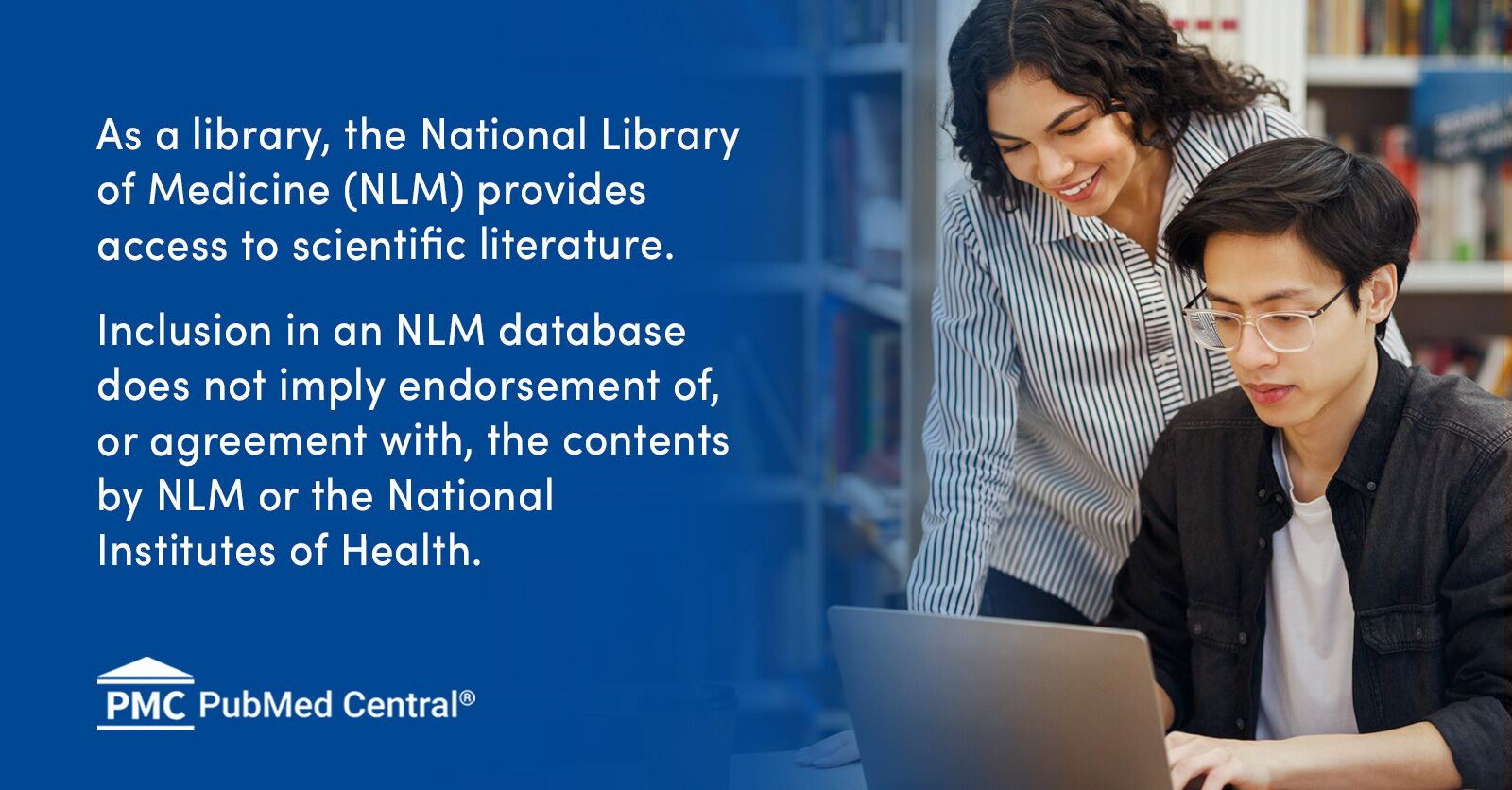I'm going to jump in with my own controversial opinion. Statins are unnecessarily demonized in this country primarily as a result of misapplication by the medical establishment and the goddamned American College of Cardiology that refuse to update their treatment guidelines to modern standards.
The clinical trials for statins were intended to be successful, ergo they were used on high risk populations for whom anything but higher doses would have been unethical. In many cases, they were used as secondary intervention for heart disease. Secondary, meaning that the patient had already experienced one MACE. As a result, dosing guidelines are based on these clinical trials.
All the while ASCVD is growing as the leading cause of death in this country when we have these awesome prevention tools that aren't actually being used for prevention. Once the disease has occurred and merits treatment it's too late for prevention and then becomes a matter of intervention.
The hate for statins stems from the doses being used and the relatively low frequency of adverse side effects such as various symptoms of myalgia and fucking type 2 diabetes, which occurs within 3 years in 1/3 of the patients that go on 80mg atorvastatin daily.
So look at the dose response curve of statins:
View attachment 292681
You'll notice that 85% of the efficacy comes from roughly 25% of the maximum dose in the case of rosuvastatin and is pretty similar for atorvastatin.
There's also the fact that that the medical establishment has failed to measure ApoB when the rest of the civilized world is using it as the primary biomarker to directly measure the risk of ASCVD. While LDL-C is closely correlated with risk it is less precise and there's the fact that ApoB is causal and has a linear relationship. It's not popular because the test is "expensive" at roughly $15.
Finally, the ACC continues to recommend statin mono-therapy for lipid management when there's a host of other tools that are complementary and equally well tolerated that will further reduce ApoB sufficient not only to mitigate the risk of increasing plaque burden, but potentially reduce it.
I'm thinking of ezetimibe, bempedoic acid, and PCSK9 inhibitors like Repatha (evolocumab). A little of each is a great deal more effective than a lot of any one.
Finally, I apologize for my complete inability to explain anything to a 5yo.

 lewis.gsu.edu
lewis.gsu.edu



